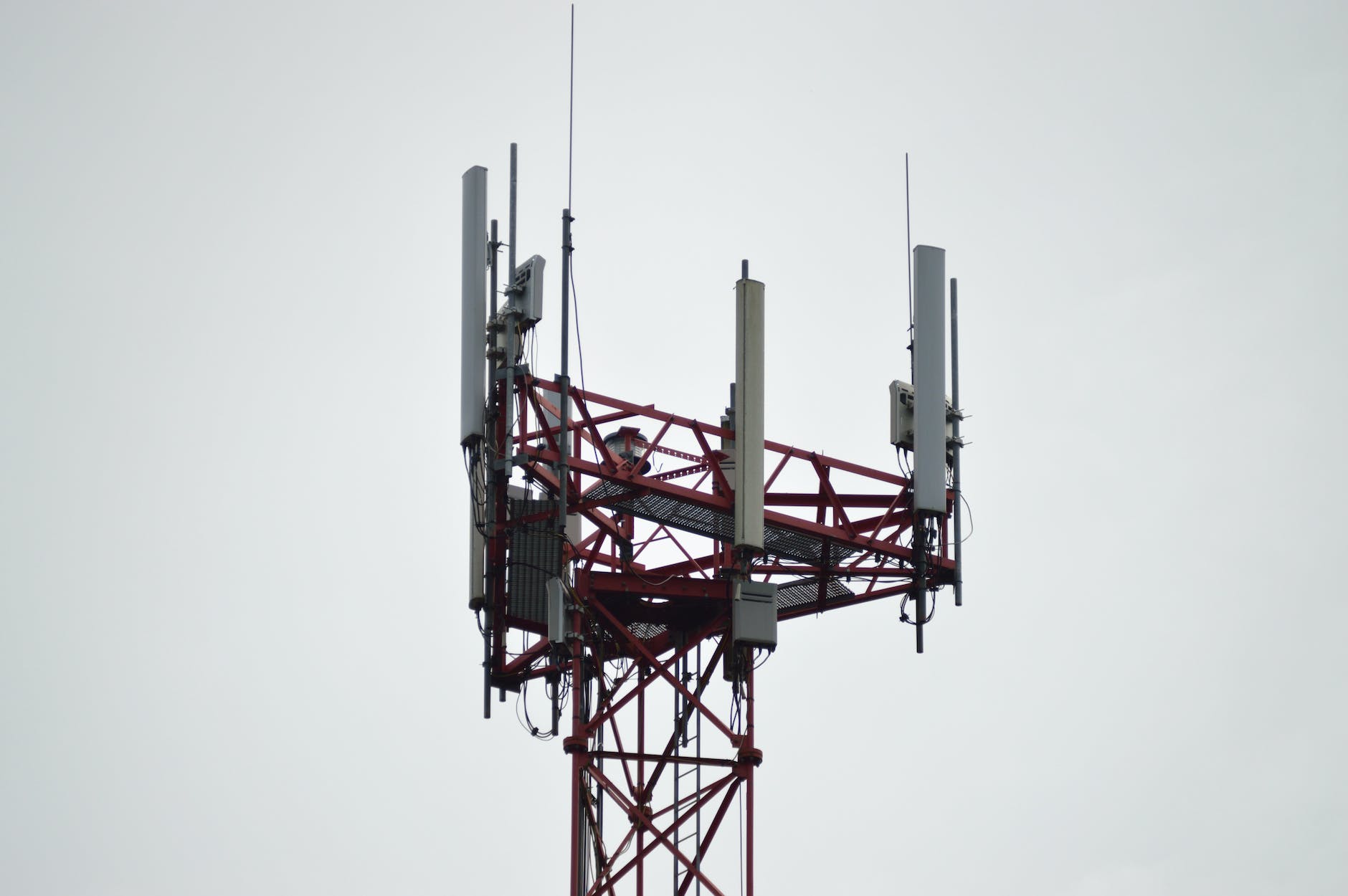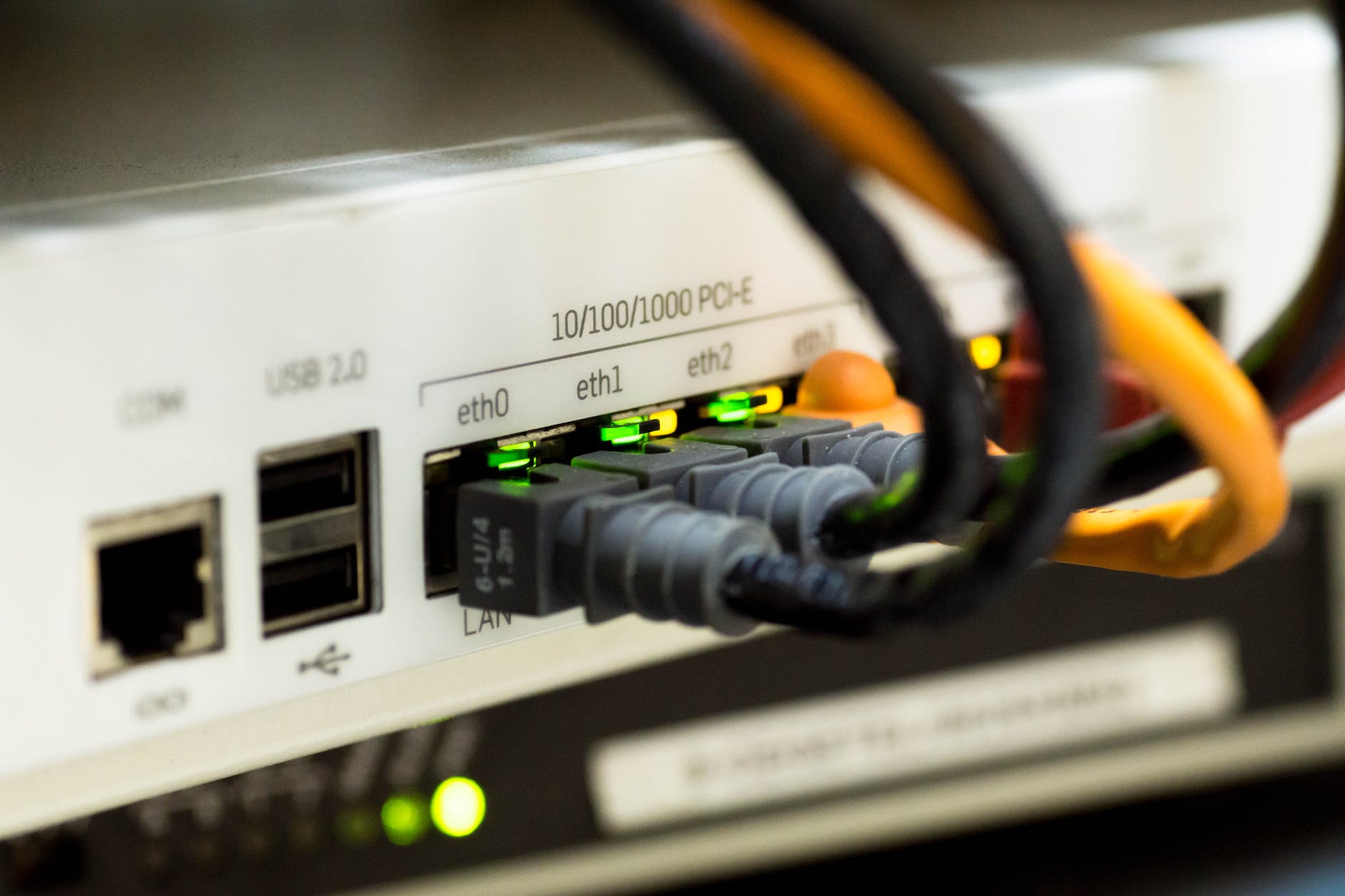 he internet has become an integral part of modern life, revolutionizing communication, commerce, and information sharing. However, the idea of a global internet shutdown is a daunting prospect that raises numerous questions and concerns. In this article, we explore the hypothetical scenario of a worldwide internet shutdown, analyzing the potential consequences across various aspects of society, economy, and daily life. While this scenario is highly unlikely, examining its implications can shed light on the immense reliance we have on the internet and the interconnected nature of our digital world.
he internet has become an integral part of modern life, revolutionizing communication, commerce, and information sharing. However, the idea of a global internet shutdown is a daunting prospect that raises numerous questions and concerns. In this article, we explore the hypothetical scenario of a worldwide internet shutdown, analyzing the potential consequences across various aspects of society, economy, and daily life. While this scenario is highly unlikely, examining its implications can shed light on the immense reliance we have on the internet and the interconnected nature of our digital world.
Disrupted Communication and Information Exchange
A global internet shutdown would have immediate and far-reaching effects on communication and information exchange. Social media platforms, email services, messaging apps, and VoIP (Voice over Internet Protocol) calls would become inaccessible, severing connections between individuals, communities, and businesses worldwide. The loss of real-time communication channels would disrupt personal relationships, professional collaborations, and global networks.

Access to information would be severely restricted as search engines, online news outlets, and educational resources become unavailable. The reliance on physical media and traditional communication methods, such as newspapers, television, and radio, would resurface. However, the speed and convenience of accessing up-to-date information would be greatly diminished, leading to a potential information vacuum and increased reliance on traditional forms of media.
In addition, the shutdown would have significant implications for emergency services and disaster response. The internet plays a crucial role in coordinating emergency efforts, disseminating critical information, and enabling real-time communication during crises. Without this infrastructure, the ability to respond swiftly and effectively to emergencies, natural disasters, and other urgent situations would be severely hampered, potentially resulting in increased risks to human life and well-being.
Economic Disruption and Digital Dependency
The global economy would suffer severe disruptions in the event of an internet shutdown. E-commerce platforms, online banking systems, and digital payment networks would be inaccessible, hindering global trade, financial transactions, and economic activity. Businesses heavily reliant on the internet, such as e-commerce retailers, remote freelancers, and online service providers, would face significant challenges, potentially leading to financial losses, unemployment, and economic instability.

Supply chains that depend on digital systems for inventory management, logistics, and communication would also be greatly impacted. Manufacturing, transportation, and distribution processes would face disruptions, resulting in delays, shortages, and inefficiencies. The interconnected nature of the global economy means that a widespread internet shutdown would have ripple effects across industries and regions, potentially leading to a global economic downturn.
Moreover, the shutdown would expose the vulnerabilities of our digital infrastructure and the risks associated with excessive digital dependency. Industries heavily reliant on the internet, such as cybersecurity, cloud computing, and digital services, would experience a loss of demand, highlighting the need for diversification and resilience in the face of such crises. The aftermath of a global internet shutdown would necessitate reevaluating our digital strategies, enhancing cybersecurity measures, and exploring alternative means of communication and transaction.
Social and Cultural Impact
The absence of the internet would have profound social and cultural consequences. Social media, online communities, and virtual platforms have become integral to modern social interactions, activism, and cultural expression. Without these digital spaces, individuals would need to seek alternative avenues for self-expression, community building, and sharing ideas. Traditional forms of social interaction, such as face-to-face conversations, physical gatherings, and local community engagement, may regain prominence.

The shutdown would also disrupt education systems heavily reliant on online learning platforms and digital resources. Remote learning, e-learning platforms, and digital educational tools would become inaccessible, impacting students, teachers, and educational institutions worldwide. Educational disparities may widen as access to quality education becomes limited, emphasizing the need to bridge the digital divide and develop resilient educational systems that can adapt to such crises.
Furthermore, the absence of the internet would impact entertainment and media consumption patterns. Streaming services, online gaming platforms, and digital content distribution channels would be inaccessible, leading to a resurgence of traditional forms of entertainment, such as books, physical media, and live performances. The absence of online media may also prompt a shift in societal norms, with reduced exposure to online content and potentially altering trends in fashion, popular culture, and social behavior.
Reflections and Contingency Planning
While a global internet shutdown is a highly unlikely scenario, it serves as a reminder of the importance of contingency planning and the need for a diversified digital infrastructure. Governments, organizations, and individuals should assess their reliance on the internet and develop alternative communication channels, backup systems, and offline strategies to mitigate the impact of potential disruptions. This includes investing in physical media, strengthening traditional communication methods, and developing robust disaster response protocols.

The scenario also highlights the need for international collaboration and cooperation in managing global digital infrastructure and addressing potential vulnerabilities. Governments, organizations, and tech companies must work together to enhance cybersecurity measures, improve infrastructure resilience, and ensure that critical digital services can withstand and recover from major disruptions.
Lastly, a global internet shutdown emphasizes the importance of digital literacy and the ability to adapt to changing circumstances. Individuals should cultivate skills and knowledge that transcend digital dependency, such as critical thinking, problem-solving, and offline communication. Building strong community connections and fostering resilience in the face of technological disruptions will be crucial for navigating such scenarios effectively.
A worldwide internet shutdown would have profound consequences across multiple dimensions of society, economy, and daily life. While the likelihood of such an event is low, exploring its implications allows us to understand the extent of our reliance on the internet and the vulnerabilities inherent in our digital infrastructure. The hypothetical scenario calls for reflection, contingency planning, and the development of resilient systems that can adapt to unforeseen disruptions. By understanding the potential consequences, we can better appreciate the value of the internet and the need for responsible digital stewardship.
Avid Writer with invaluable knowledge of Humanity!
Upcoming historian with over 30 million views online.
“You make your own life.”





